p. cm.
Includes bibliographical references and index.
ISBN 0-472-11374-7 (cloth : alk. paper)
1. English literatureEarly modern, 15001700History and criticism. 2. Rogues and vagabonds in literature. 3. Rogues and vagabondsEnglandHistory16th century. 4. Rogues and vagabondsEnglandHistory17th century. 5. Literature and societyEnglandHistory. 6. Peddlers and peddlingEnglandHistory. 7. VagrancyEnglandHistory. 8. OutlawsEnglandHistory. 9. Vagrancy in literature. 10. Outlaws in literature. I. Dionne, Craig. II. Mentz, Steve.
Acknowledgments
This collection is the product of several years of collaboration among a wide variety of scholars, institutions, and other gatherings. We would like to thank several conferences for providing us with space to advance our discussions of the rogue: the 1998 Central New York Conference in Language and Literature in Cortland, New York; the 2000 Northeastern Modern Language Association in Buffalo; the 2001 MLA in New Orleans; and the 2002 Renaissance Society of America in Scottsdale, Arizona. We have also benefited from talking to numerous individual scholars who encouraged us to pursue this project, including Derek Alwes, A. L. Beier, Karen Helfand Bix, William Carroll, Arul Kumaran, Ted Leinwand, Martine van Elk, Lawrence Manley, Lori Newcomb, and Linda Woodbridge. Finally we would like to thank Ron Sheriff for his help indexing the collection.
Craig Dionne warmly acknowledges the many colleagues who assisted at various stages with his ongoing work on early modern rogues: Crystal Bartolovich, for organizing important Group for Early Modern Cultural Studies and MLA panels; Steve Zwicker and other faculty of the Habits of Reading National Endowment for the Humanities Institute at the Folger LibraryRichard Helgerson, William Sherman, Kevin Sharpe, Anthony Graftonand to all the participants of this group for their feedback, especially David Evans and Derek Alwes. Thanks to Gary Waller, who let his pocketbook copy of Salgdos Cony-Catchers and Bawdy Baskets be filched (I still have it, Gary) way back when. John Twyning helped with the urban contexts. Thanks to Kenneth Kidd for his ideas on tricksters. The staff of University of Michigans Harlan Hatcher Graduate Library deserve mention. Thanks also to comrades Mark Douglas and Maria Magro for their support (and the Caravaggio reference). At Eastern Michigan University, Robert Holkeboer and the Office of Research and Development supported this project at important stages of its evolution; to all the members of the EMU Department of English who graciously helped, especially the Literature faculty writing group: Laura George, Jim Knapp, Annette Saddik, Andrea Kaston Tange, Joe Csiscila, Lori Burlingame, Annette Wannamaker, and Christina Milletti.
Steve Mentz would like to acknowledge the institutional support of St. Johns University and his colleagues in the Department of English. Over the course of this project, he also received support from Iona College, and he would like to thank Alex Eodice, Helen Bauer, Tom Pendleton, John Mahon, Deborah Williams, Margo Collins, and Laura Shea. He would also like to thank Annabel Patterson, Lawrence Manley, John Rogers, and Ramie Targoff for continuing advice and resources. He owes a continuing debt to staff at the libraries of Yale University, Iona College, the Folger Shakespeare Library, and the British Library. A Folger Institute Seminar on Print Culture lead by Elizabeth Eisenstein was particularly helpful in laying the groundwork for this project, and he would like to thank the members of that seminar for their continuing support, advice, and encouragement.
CRAIG DIONNE AND STEVE MENTZ
Introduction
Rogues and Early Modern English Culture
He that cannot dissemble cannot live.
CUTHBERT CONY-CATCHER
The shallow ploughman can distinguish now
Twixt simple truth and a dissembling brow.
Your base mechanic fellow can spy out
A weakness in a lord, and learns to flout.
MIDDLETONS A Mad World, My Masters (1.1.13942)
Under various namesrogues, molls, doxies, cony-catchers, masterless men, caterpillars of the commonwealthan emerging class of displaced figures, poor men and women with no clear social place or identity, exploded onto the scene in sixteenth-century England. Early modern representations of the rogue and moll in pamphlets, plays, poems, ballads, historical records, and the infamous Tudor Poor Laws treated these figures as harbingers of emerging economic and social changes. Reflecting such historical developments, images of the early modern rogue created a cultural trope for mobility, change, and social adaptation. The underclass rogue in many ways inverted the familiar image of the self-fashioned gentleman who has traditionally been the literary focus and exemplar of the age, but the two characters have more in common than courtiers or humanists would have admitted. Both relied on linguistic prowess and social dexterity to manage their careers, whether by exploiting the politics of privilege at court or surviving by their wits on urban streets.
The word rogue was coined in the 1560s, possibly by Thomas Harman, to describe vagrants who used disguise, rhetorical play, and counterfeit gestures to insinuate themselves into lawful social and political contexts. As plays, pamphlets, court records, and other historical and literary documents described this figure, the term rogue took on a large range of connotations, including scoundrel, villain, atheist, and double-crosser. Rogue became a catchall term for a variety of social deviants and outcasts, from rural migrants to urban con artists. Images of the rogue took on varied associations, signifying the pervasive concern with self-invention as well as ideas of coterie culture or secret bonds. In a short time the term became popular and polysemous. Hamlet condemns himself as a rogue and a peasant slave because he cannot feign remorse for Hecuba, and Emilia unknowingly alludes to her own husband Iago as the insinuating roguethe cogging, cozening slave who has slandered her mistress. Rogues were not uniformly unsympathetic; the word was also a term of endearment, as when Doll Tearsheet tells Falstaff: Ah, rogue! ifaith, I love thee. This usage attests that rogue articulated a private camaraderie or intimacy that can be connected to its identification with covert fraternities. By taking on these contradictory cultural meanings, the word began to mediate the clashing social ideals of the ageeconomic individualism, social mobility, linguistic improvisation, and intimate fraternity.

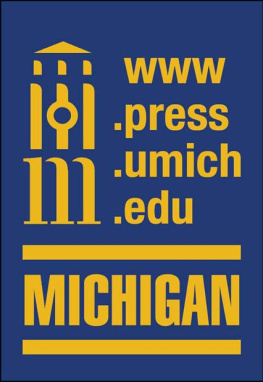

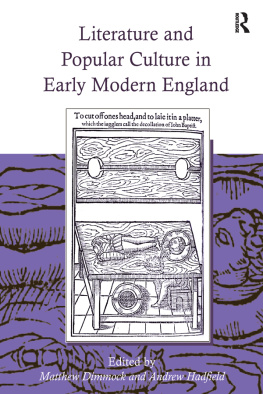
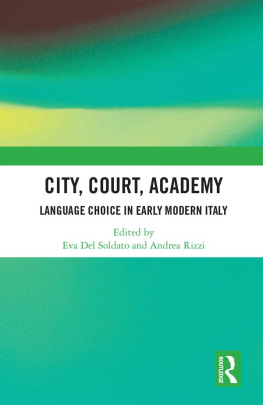
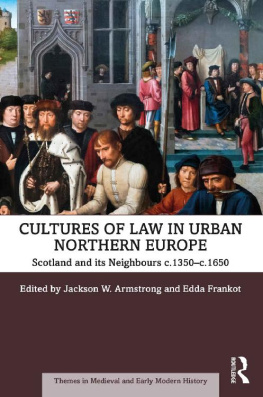
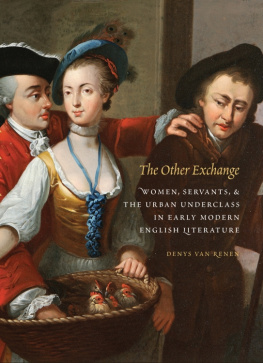
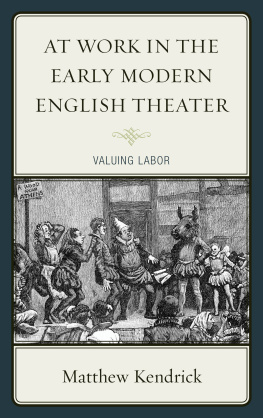
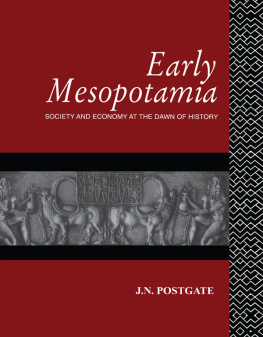
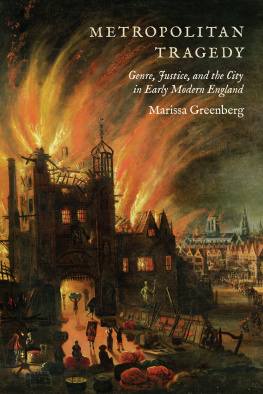

 Printed on acid-free paper
Printed on acid-free paper